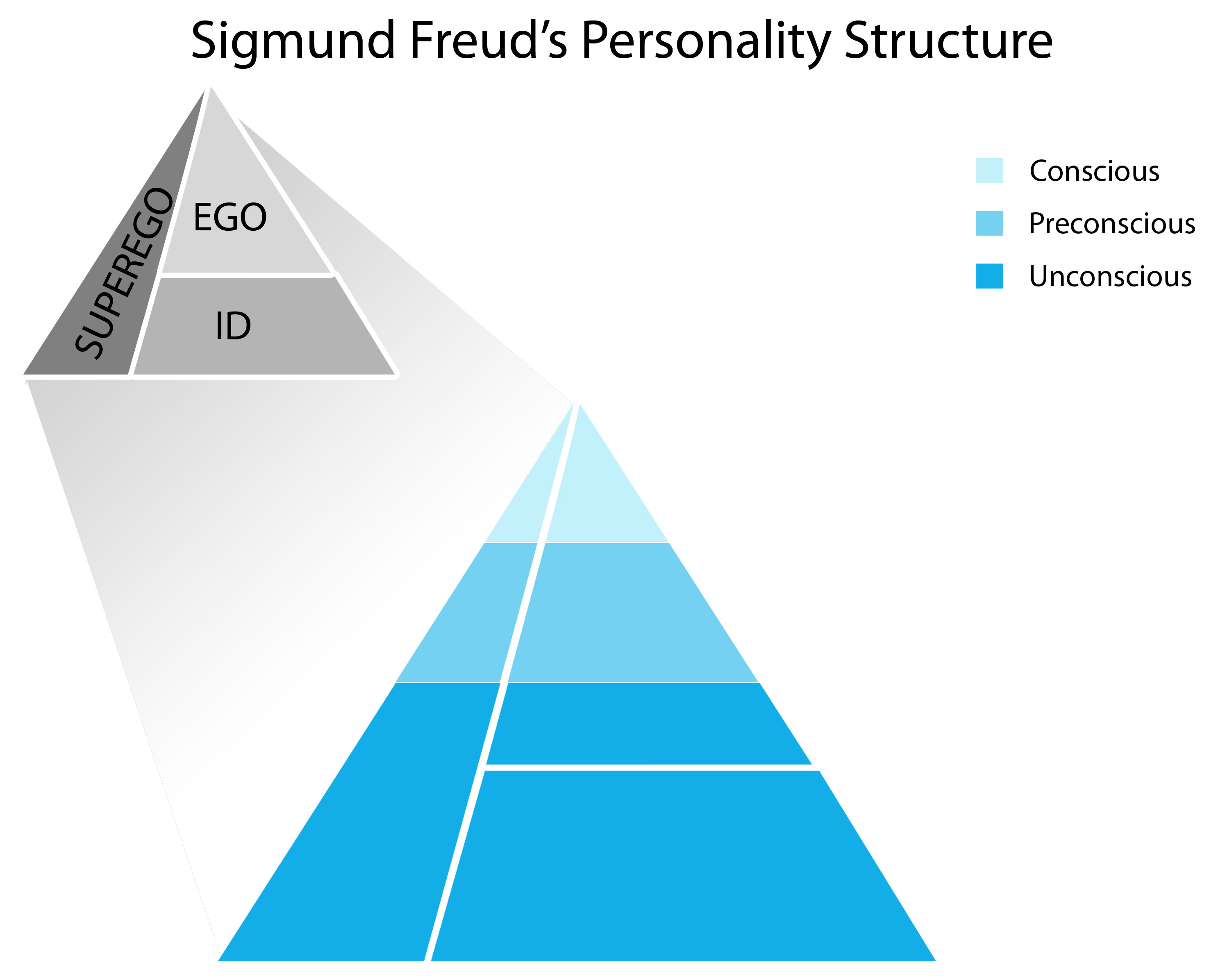

This transition from being civilized to becoming savage is revealed in the book when the narrator states, “They bumped Piggy, who was burnt and yelled and danced. This system soon fails however, when the boys learn that they must revert to their animal instincts (id) in order to survive. This system is representative of the boy’s super egos. When they first arrive the boys act in an orderly fashion, and begin the construction of a governmental system to parallel a functional society. The boys are stranded on an island by themselves and must adapt in order to assure their survival. In William Golding’s Lord of the Flies, the boys are reduced to an instinctive and almost animalistic state due to the lack of authority and society, as well as the need to adapt to a new primordial surrounding. The augmented id created a disproportion between the other counterparts of the “psychological self” and thus facilitated the intrinsically evil nature of all men including Marlow and Kurtz. Hence, it was the imbalance of the characters “psychological selves” due to displacement from society (society gave them the sense of right and wrong) that caused the innate evil to reveal itself in the characters Marlow and Kurtz. Kurtz’s isolation in Africa as well as his unbelievable power over the natives corrupted him and drove him to condone unspeakable acts such as cannibalism and human sacrifice (destruction/Thanatos=pleasure for Kurtz.) In Heart of Darkness, Kurtz’s last words depict his terror and his realization of his final fate, “The horror! The horror!” (HOD 154) Kurtz realizes how far he has strayed from society, and finally admits to his evil acts in Africa. Therefore Kurtz serves as an excellent example of Marlow’s assertion in that he has forgotten society to such an extent that he does not even remember his life in Europe. His disregarding of his ego and super ego can be seen when he says, “but if you try to shout I’ll smash your head with’…’I will throttle you for good” (HOD 148.) This statement confirms that Marlow is straying further from the ideals of society and shows that Marlow’s perceived self is making a transition from being civilized (superego) to becoming a savage (id.) When Marlow meets Kurtz, he finds a man that has totally thrown off the restraints of his own ego/superego and has deteriorated into the primitive state of the id.

Marlow’s savagery is the result of adaptation and the growing disproportion of his id to his ego and super ego.

The presence of authority, society, and civilized people begin to fade just as his concepts of right and wrong are lost as he journeys further on and thus the innate wickedness of man emerges. The disappearance of Marlow’s super ego is imminent throughout his journey up the Congo. When Marlow states that “Going up that river was like traveling back to the earliest beginnings of the world,” (HOD 105) he is trying to depict his journey up the river as a representation of his discovery of the innate wickedness present in all mankind. It is this imbalance of his “psychological self” which acts as an instigator for the evil found in him and all men. Marlow’s id begins to cease control of his personality and his innate instinctive nature is released. While adapting to his environment, Marlow begins to disregard societal standards and hence his “psychological sense” is altered in that Marlow’s ego and super ego subside in his overall nature, resorting to the “pleasure principle” that we now call the id. In Heart of Darkness, Marlow demonstrates the capability of the human mind as he makes his journey up the Congo River and adapts to the savage environment that surrounds him. Read more: J ack quotes lord of the flies essay Throughout Joseph Conrad’s Heart of Darkness and William Golding’s Lord of the Flies Marlow, Kurtz and the boys clearly demonstrate the capacity of the human mind in reflection to the principles of Sigmund Freud according to his definition of the id, ego and superego. William Golding’s Lord of the Flies similarly deals with this deteriorating awareness of societal standards in foreign environments, but does so with a group of young boys on an uninhabited island. His “psychological self” is coerced into adapting to the rustic environment of the Congo hence disturbing the balance between his id, ego and superego. Within Joseph Conrad’s Heart of Darkness, Marlow asserts that “the mind of man is capable of anything–because everything is in it, all the past as well as all the future” (HOD 109.) As Marlow journeys deeper into the Congo he is forced to adapt to the jungle environment and in the process he begins to lose his understanding of societal rules and ideals.


 0 kommentar(er)
0 kommentar(er)
